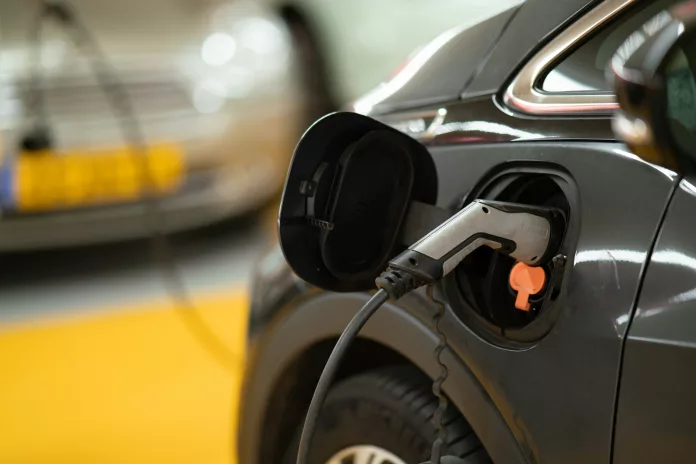Electric vehicle (EV) sales have seen impressive growth within the technology industry, but they’re not currently at their peak acceleration. One noteworthy indicator is the decline in Tesla‘s first quarter sales compared to the previous year, pointing to broader struggles across the industry amidst changing circumstances.
Media Amplification and Industry Reactions
An immense degree of media sensationalism has shrouded the EV market’s natural fluctuations, which in turn has somewhat provided auto manufacturers a pretext to dial back on their EV commitments. Leaders in the automotive world diverge greatly in their views on the speed and totality of electrification, which can inform how aggressively they set their EV growth objectives.
The Challenge of Transitioning Technologies
Large-scale automakers face particularly stout barriers when transitioning from conventional to electric vehicles. Not only is there organizational inertia, but financial hurdles also complicate the sunsetting of established technologies in favor of emerging, electric alternatives.
Automakers’ Evolving EV Strategies
During a period where Tesla’s stock was surging and EV sales were robust, automotive companies were quick to present ambitious electrification strategies. However, faced with modest headwinds, we’ve witnessed a reconsideration of these targets. In boardrooms across the industry, executives are likely reassessing whether to stay the course with their EV blueprints or to temper their electrification initiatives.
The Risk of Strategic Inconsistency
Any abrupt shift in corporate strategy, especially concerning sustainability, can be perceived as capricious and might damage consumer trust. With the potential for the EV market to rapidly expand again, companies that have wavered may find themselves at a competitive disadvantage. Consistency is key to maintaining public confidence and, by extension, market share.
The Broader Perspective: Climate Change and Corporate Responsibility
Assessing the EV market through a different lens, one must account for the existential threat of climate change. The push for vehicle electrification goes beyond quarterly earnings; it’s an urgent component in the global effort to curb greenhouse gas emissions. Comparably, as superhero narratives dominate our cultural landscape, inspiring heroism, the moral imperative for automotive leaders is to spearhead the transition towards cleaner transportation.
Decision Making in the Age of Climate Consciousness
The executive boards of auto companies are at a juncture where they must ally with broader humanitarian goals over short-term hesitations. As stewards of industry-wide change, they are urged to embrace their role as part of the solution to environmental crises, leveraging their influence to expedite the move towards a sustainable future.
Ultimately, for the advancement of both the industry and the planet, it’s critical for automotive leaders to harness their decision-making powers for the greater good—prioritizing the welfare of humanity and the health of our planet over the fear of transitioning too swiftly.


























